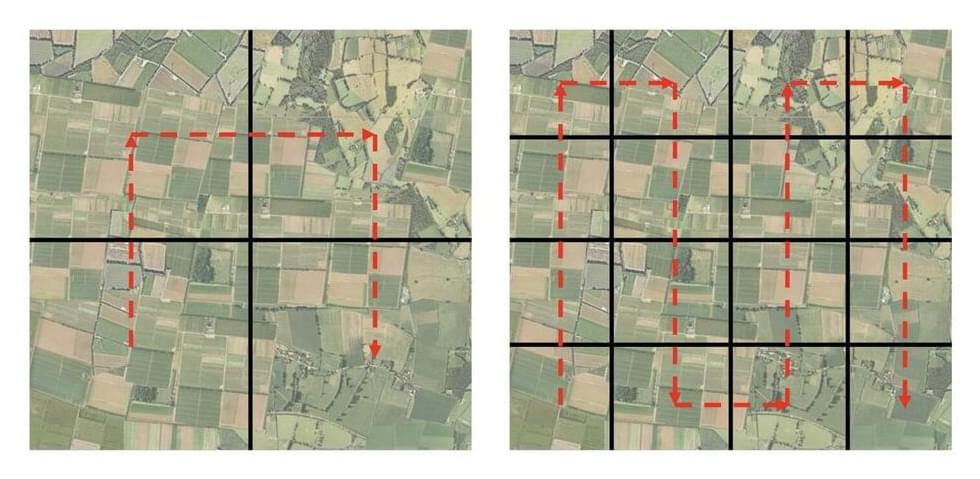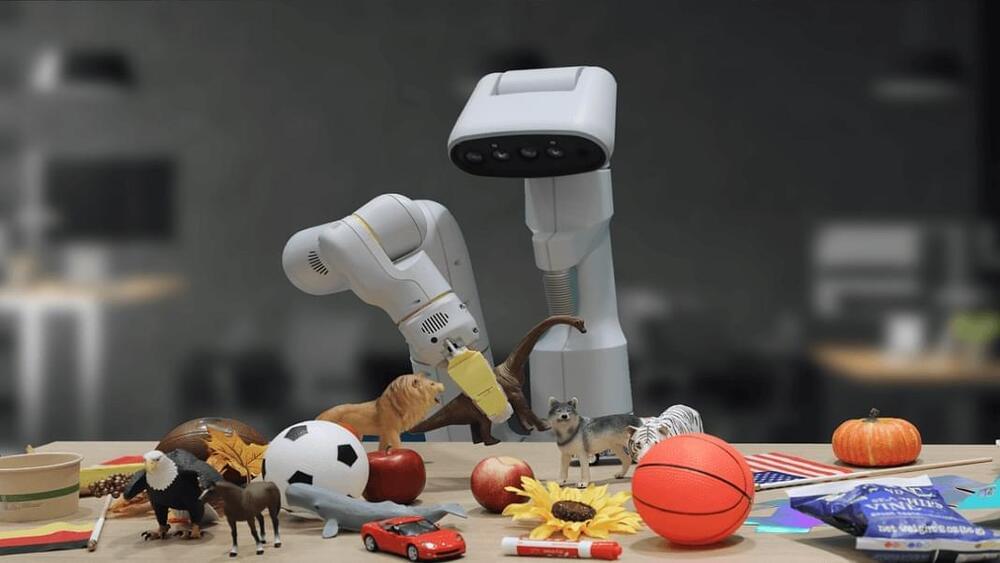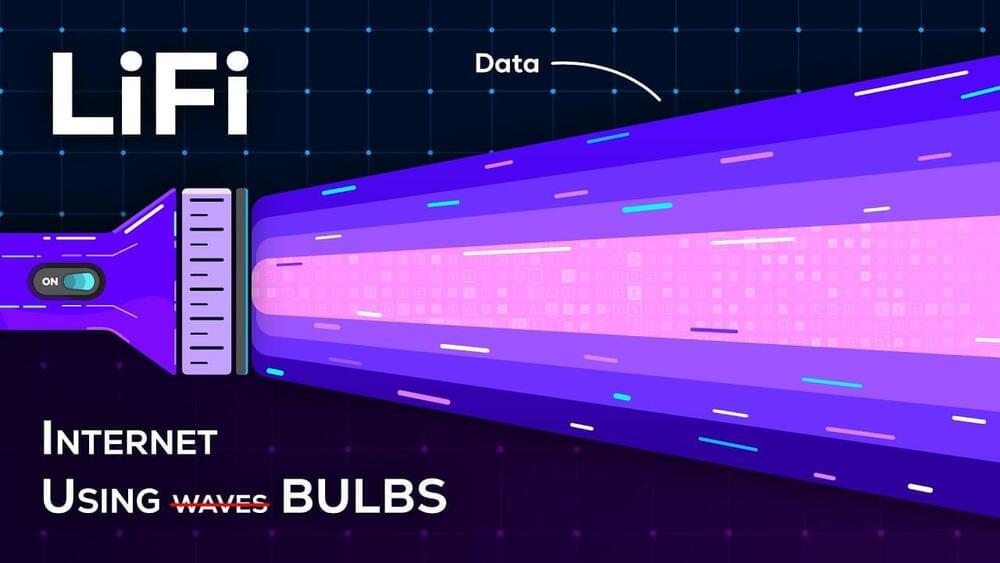Sep 3, 2023
The ‘90s Internet: When 20 hours online triggered an email from my ISP’s president
Posted by Shubham Ghosh Roy in category: internet
“When checking the system this morning, I noticed your account logged in for over 20 hours,” begins a December 1998 email from the president of my dial-up Internet service provider (ISP) at the time. “Our service is unlimited, but we ask that you actually be using the connection while logged in.”
But I’m getting ahead of myself—why do I have an email from 1998?


















